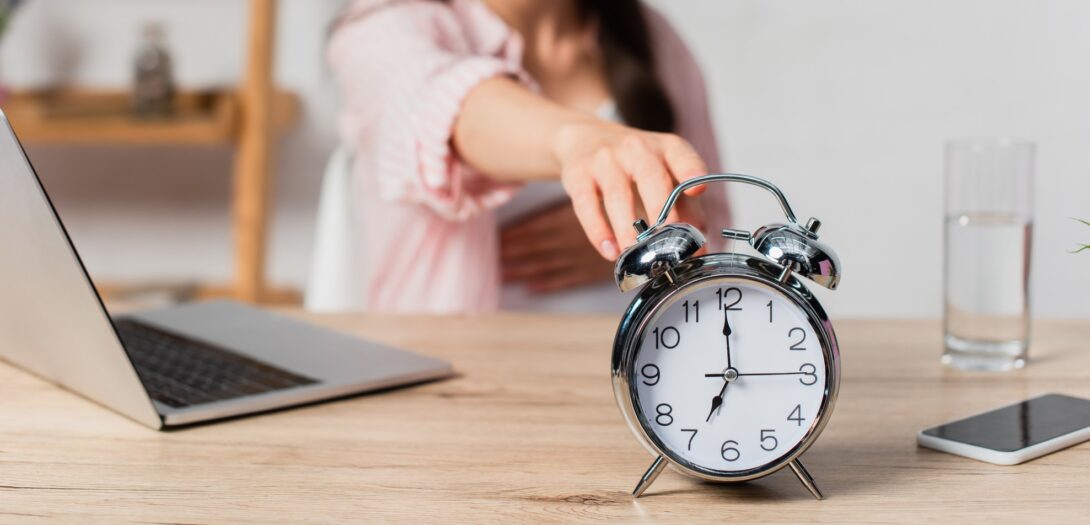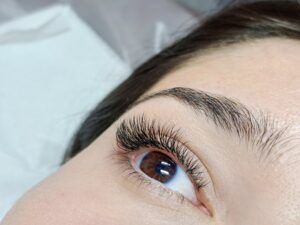Screen time can harm both physical and mental health. People who spend excessive time in front of screens may have lower levels of physical fitness and be at greater risk for obesity and can face problems with social interaction, concentration, and sleep. In addition, excessive screen time can lead to higher levels of anxiety and depression.
Screen time: Overview
Screen time can be defined as the time a person disburses looking at a screen, such as a computer, phone, or television. Adolescents who spend more than 7 hours of their day engaged in screen time are considered to have high levels of screen time. Those with high levels of screen time are more likely to be sedentary and have lower levels of physical activity. This is because they are not moving around as much and are not getting the same health benefits as those who are physically active.
screen time can have negative health effects, such as obesity and type 2 diabetes. Therefore, adolescents must balance their time between screens and regular activities to maintain good physical health.
Too Much Screen Time Interferes with Getting a Good Night’s Sleep
Although a little screen time before bed can be relaxing, too much of it can interfere with getting a good night’s sleep. The blue light emitting from television, laptop, or smartphone can minimize the synthesis of melatonin, the hormone that makes us sleepy. So, if you find yourself scrolling through social media or watching TV right up until you turn out the lights, you may not give your body enough rest. It leads you to face difficulty sleeping and waking up the next day. In addition, it makes you feel groggy and unrested.
Increased Screen Time Cause Depression or Anxiety
Screen time may lead to increased productivity and efficiency in some areas, but excessive screen time affects mental well-being. It can lead to depression or anxiety. This is likely because we are not getting enough face-to-face interaction with other people, and we are not getting enough physical activity. When we spend too much time in front of screens, we can start to feel isolated and disconnected from the world around us.
Impaired Social Skills
It’s no secret that too much screen time can harm our social skills. We’ve all seen it happen that people who spend hours glued to their smartphones or computers often have trouble interacting with the real world. As a result, they might have difficulty reading social cues, conversing, or even making eye contact. This isn’t just an issue for kids or teens; adults can also be affected. For example, if you struggle to connect with others or feel awkward in social situations, it might be time to cut back on your screen time. Spending more time offline can help you relearn the social skills you need to interact with others effectively.
How Much Is Screen Time Too Much?
This is a difficult question as it varies from person to person. However, the consensus is that unreasonable screen time is when someone uses their phone or computer for recreational purposes for more than two hours a day.
How To Limit Screen Time
We all know that excessive screen time can adversely affect our physical and mental health, but what can we do to limit our screen time?
Here are a few tips to limit your screen time:
1. Set a limit for yourself and stick to it. Make sure you stick to your limit, whether 30 minutes, an hour, or two hours.
2. Take breaks often and do not stare at a screen for too long, your eyes will strain, and you’ll get a headache. So, take a break every 20 minutes or so to give your eyes a rest.
3. Get up and move around. Sitting in the same spot for too long is not good for your body. Instead, get up and walk around or do some stretches every so often.
4. Do something else. Find something else to do that doesn’t involve staring at a screen. For example, read a book, take a walk outside, or talk to a friend. These tips can help you limit screen time and improve your mental health.
*Information in this article is not medical advice and may not be factually accurate. It is intended for entertainment purposes only. Consult with a physician before attempting any tips in this blog post and to get the most up to date factual data about any procedure or treatment.














